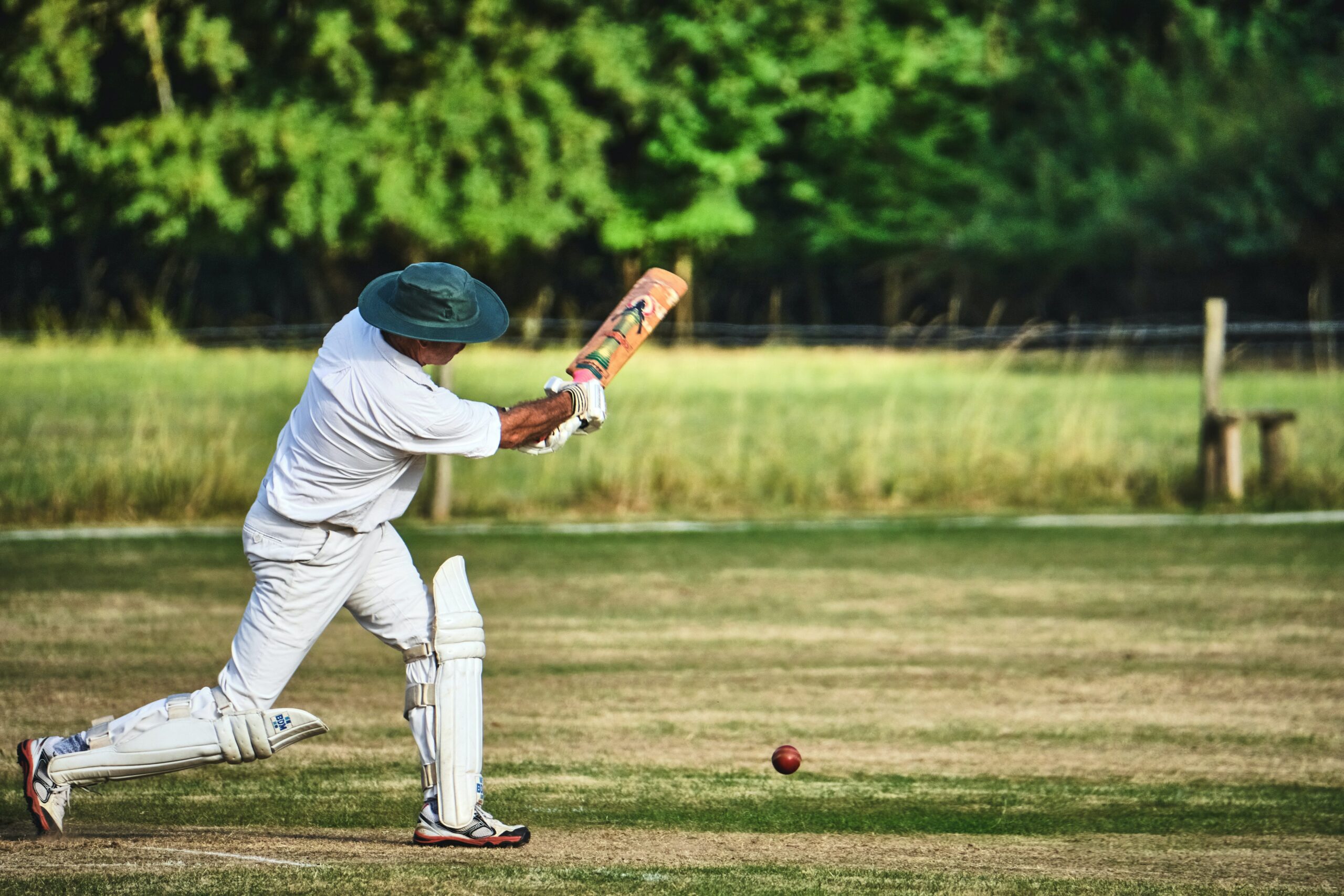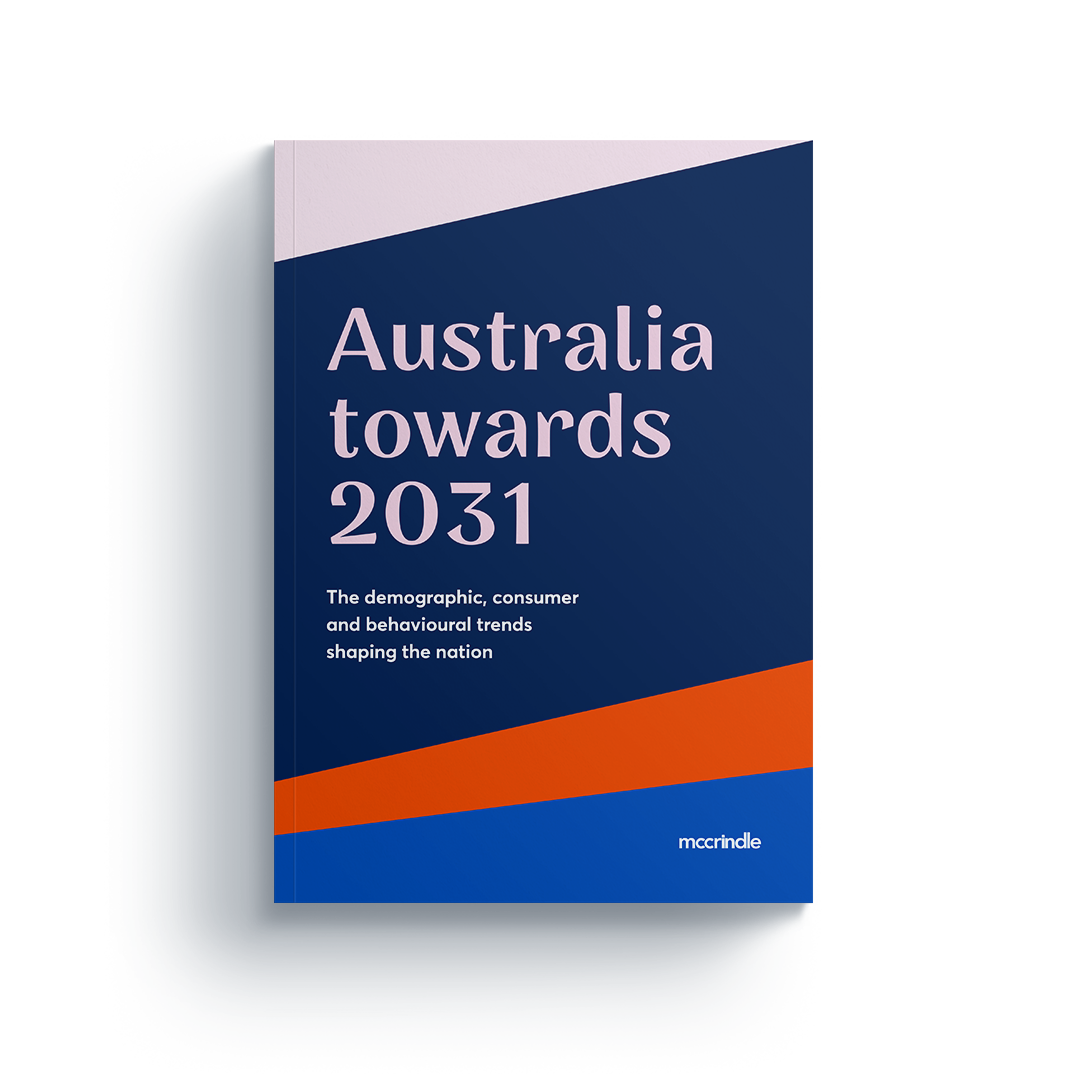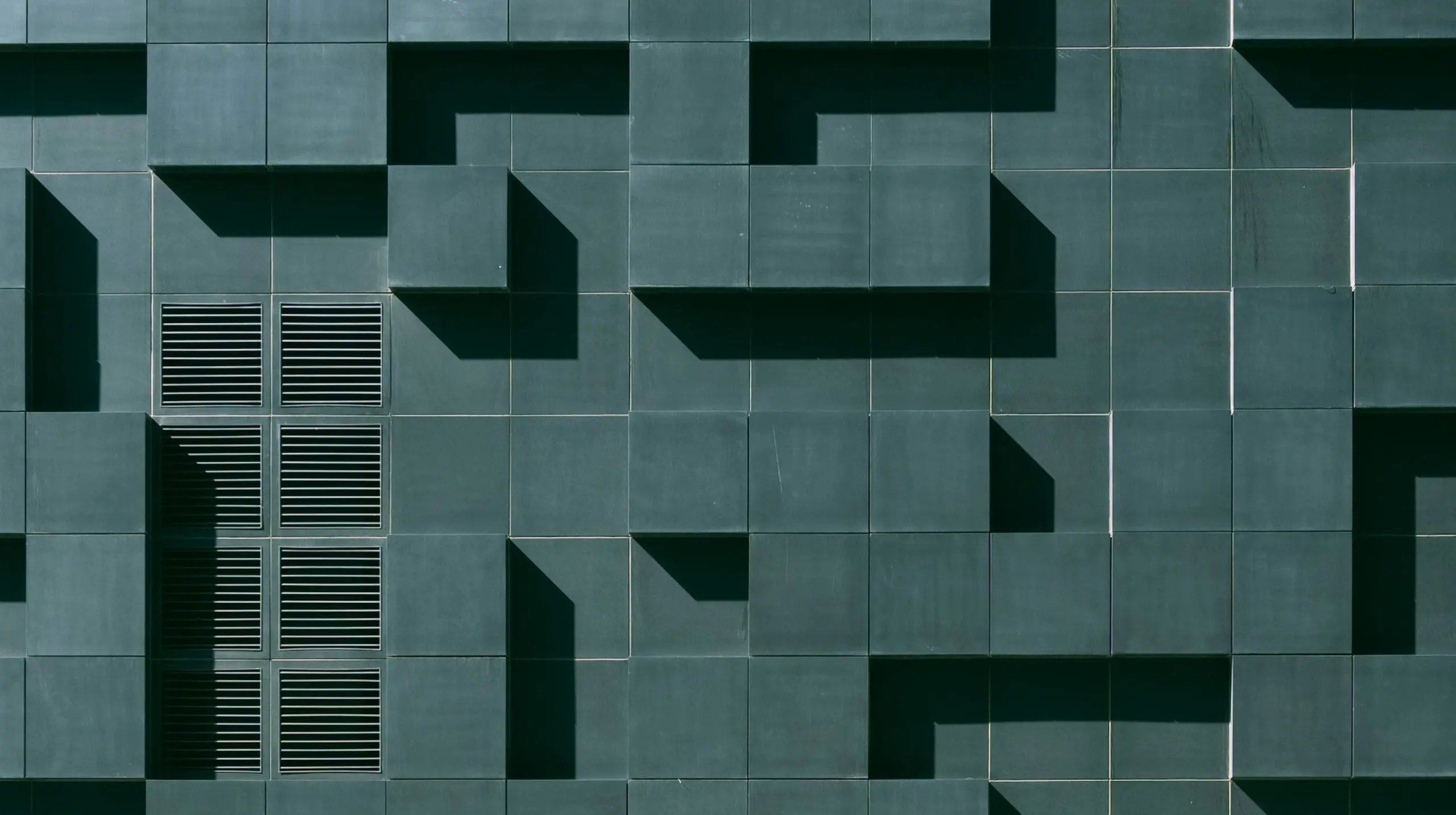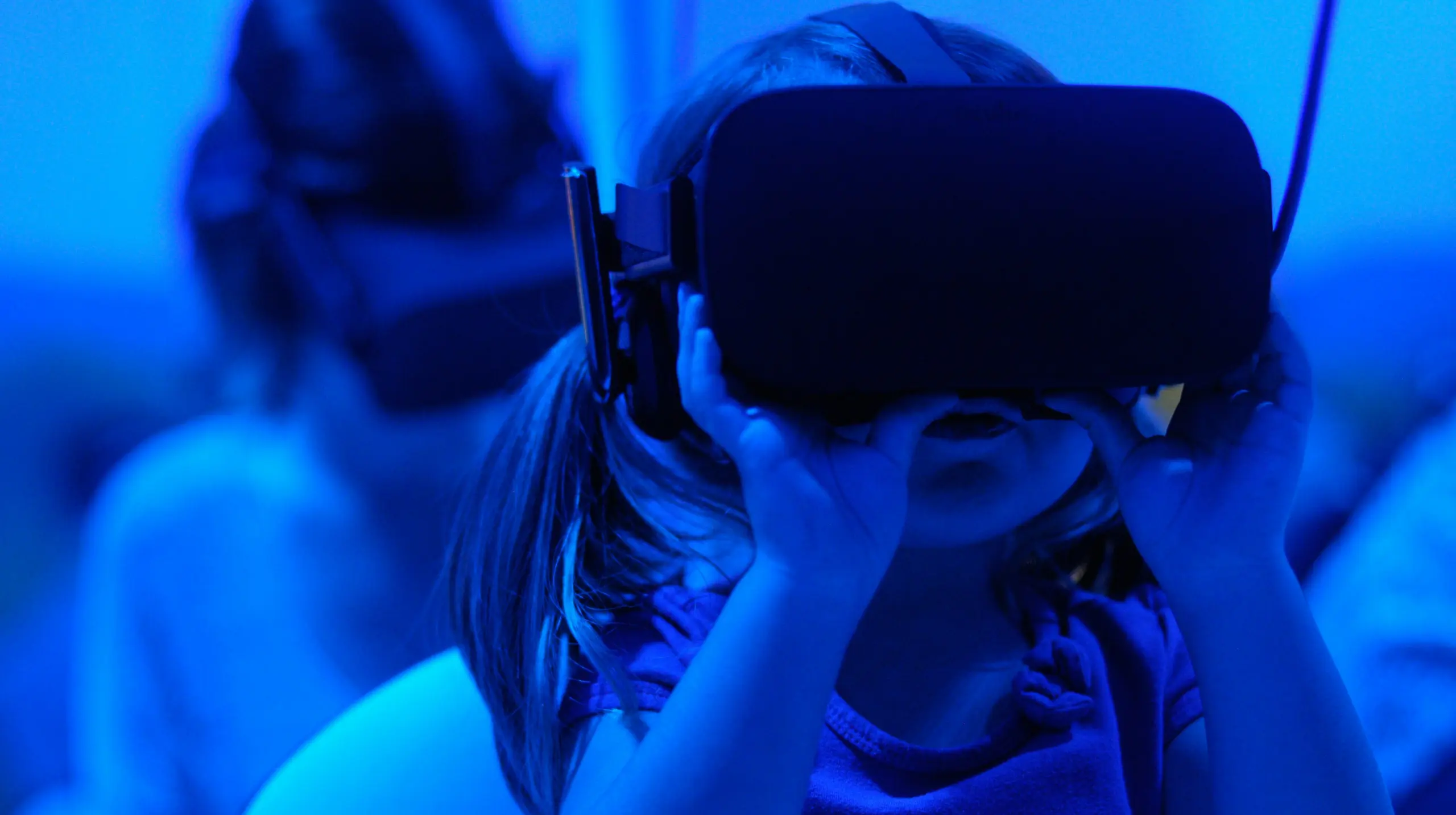Sport and the Redefined Australian Identity

Australia has not had the number one cricket team for several years. The Wallabies finished third at last year’s Rugby World Cup. At Wimbledon this year, Australia had its worst result since 1938 and at the London Olympics, Australia ranked 10th- our worst result for twenty years. Yet while there are questions being asked, there is no national soul searching, no sense of mass mourning, and not even much visceral disappointment. All of which begs the question: why?
Australia has matured, changed, and with this Australians have developed a broader perspective and a more global outlook. There is a new self-assuredness of our place globally and a strong national identity defined beyond sporting success and the old ocker clichés. Gone is the tyranny of distance, and the insecurity of being “down under”, and in its place an awareness that Australia is home to some global cities, and being on the rim of Asia, we are close to the new epicentre of the world. Any sense of our small stature amongst mega-nations has been replaced by a confident posture of being a regional influencer, a cultural exporter and a global player. Its neither plucky overconfidence, nor nationalistic pride- but rather a grounded confidence.
There is a depth to our identity in the 21st Century. The iconic language and Australiana is retained and reinterpreted with a new sophistication, and without the cringe. Certainly the old affections run deep but with these, an acceptance of Australia as a cultural hub, a fashion destination, a global influencer, a thought leader, a business innovator, and a quick technology adopter. The “snags and beer”, “sheilas on the beach” Australia has seamlessly been transformed into an urban and urbane, cafe-cultured, cosmopolitan society of both sophistication and complexity. Somehow we’ve shaken off our adolescence and are free of any self-consciousness.
Only a people comfortable in their own skin can embrace both meat pies and foccacias. It’s not club footy or arts festivals but both. There is both a love for this sunburnt country with all its iconic landmarks, yet also pride in the medical innovations, cultural achievements and business success. There’s an understated confidence that welcomes the world to this unique landscape, yet has the posture to profile a culture of creativity rather than just the latest sporting victory.
Cultural diversity has come of age in Australia. You can tell because there is little self consciousness and even less tokenism expressed. Rather, the cultural mix is in our national DNA, it’s part of our lifestyle- it’s who we are. The fact that more than 1 in 4 of us weren’t born here seems unremarkable- as though it has always been thus. From the inner urban to the outer suburban is the richness of modern Australia that has been forged through the input of so many cultures.
The new attitude has influenced our old lexicon. “No worries” doesn’t mean “we don’t care” but rather “we’ll sort it out”. The land of the long-weekend has become a nation committed to hard work without compromising lifestyle. We’re care-free and laid-back perhaps, but professional, with high standards and big expectations. So the lucky country armed with a can-do attitude has become self-made yet it has kept its community spirit. We value independence but in a community-minded way. Helping out your mate and your neighbour alike still shines strongly in the Australian psyche.
From being recognised on the arena of sport to being noticed on the world stage of science, arts and technology, Australia has come of age- and no one noticed. The talented kid with the ball found meaning in a broad array of pursuits, and made a name for himself. And what’s more he’s still got great talent with the ball as well.





